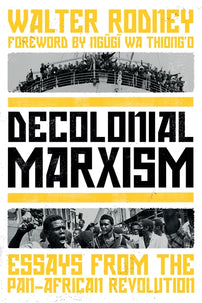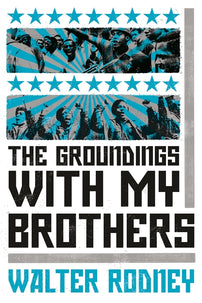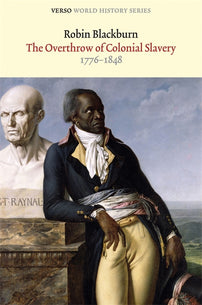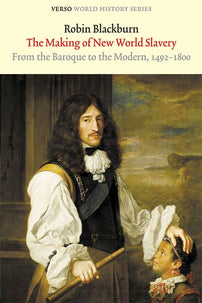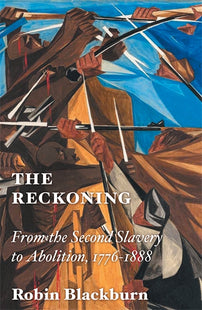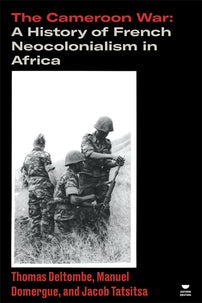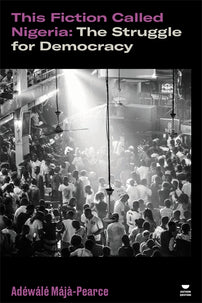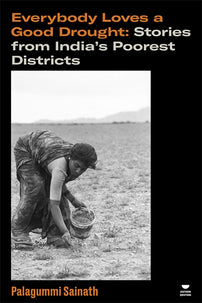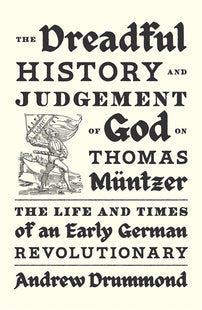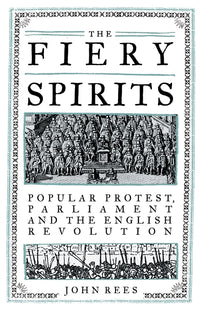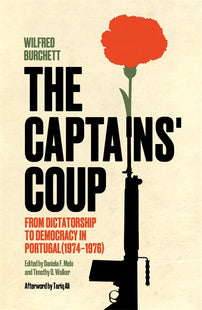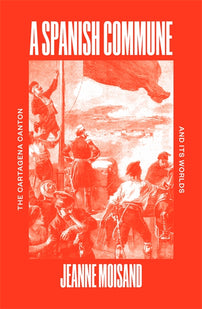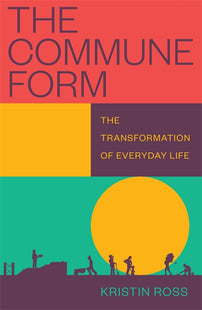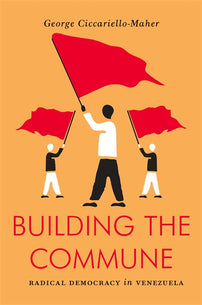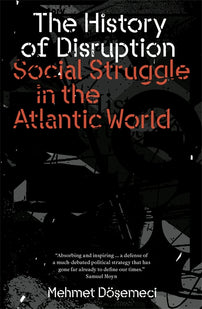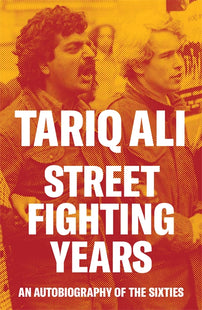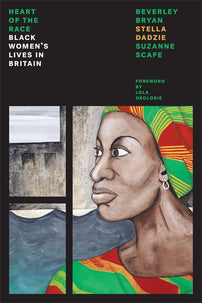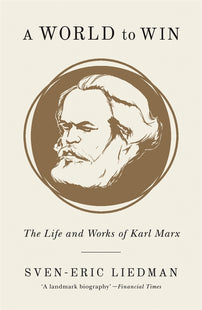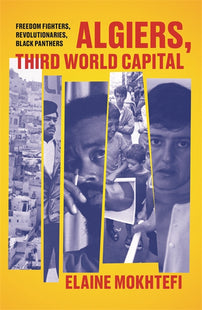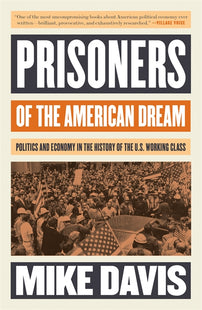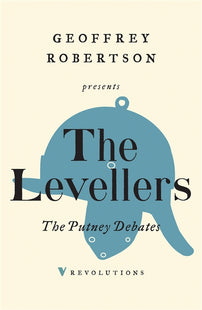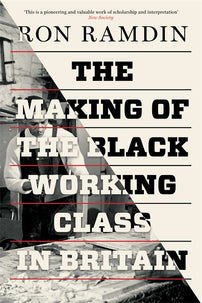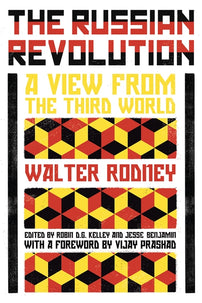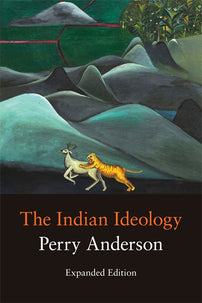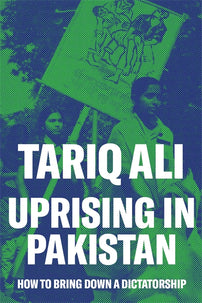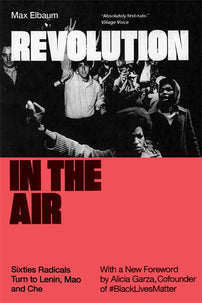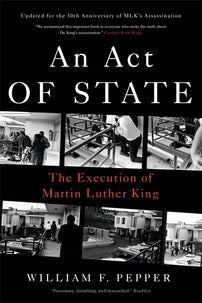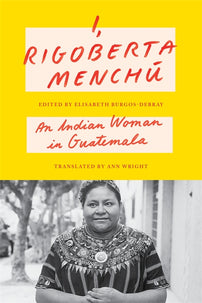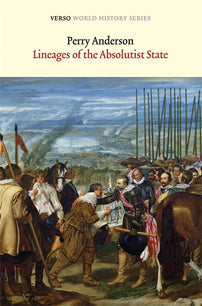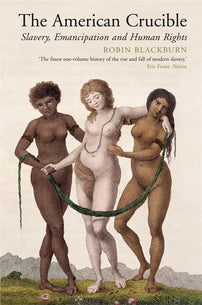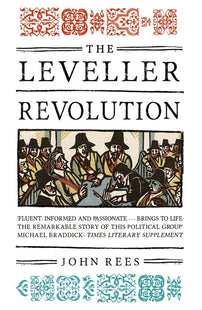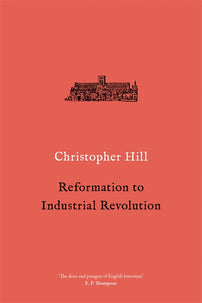Why the Left Studies History: Verso Student Reading
History from below for the new academic year.

For radicals, the best guide to the present is our past successes and failures. Use this list to navigate our wide array of books on global histories of revolutions, colonial plunder, and class struggle.
20% off when you order 2 books
30% off when you order 3 books
40% off when you order 4 or more books
Sale ends September 15th 2025 11:59pm ET
Discount applied at checkout.
Walter Rodney: A Lightning Rod of Black Working Class Power
Walter Rodney described himself as a guerrilla intellectual, committed to studying the concrete realities of the working class. Forty-five years on from his assassination, his work remains incredibly prescient.
[book-strip index="1" style="buy"]
Verso World History
Covering a timespan stretching from Ancient Greece and Rome to the twentieth century, this series makes landmark texts available to a new generation of readers.
[book-strip index="2" style="buy"]
Robin Blackburn: A Lifetime of Scholarship on Slavery and its Abolition
Blackburn charts the historic impact of slavery and anti-slavery, of black and white activists, of fugitive slaves, feminists, writers, clerics and soldiers.
[book-strip index="3" style="buy"]
Verso’s Southern Questions
The Southern Questions series features first-hand accounts written by participants in the drama of decolonisation and its aftermath.
[book-strip index="4" style="buy"]
The Histories of Revolutions
These books dive into how revolutions are made, and what we can learn from their successes and failures.
[book-strip index="5" style="buy"]
Experiments in Communes
Ever wanted to move to a commune with your friends? You’re not the first.
[book-strip index="6" style="buy"]
Disruption and counterculture
How can we build a resurgence of disruptive politics in the twenty-first century?
[book-strip index="7" style="buy"]
